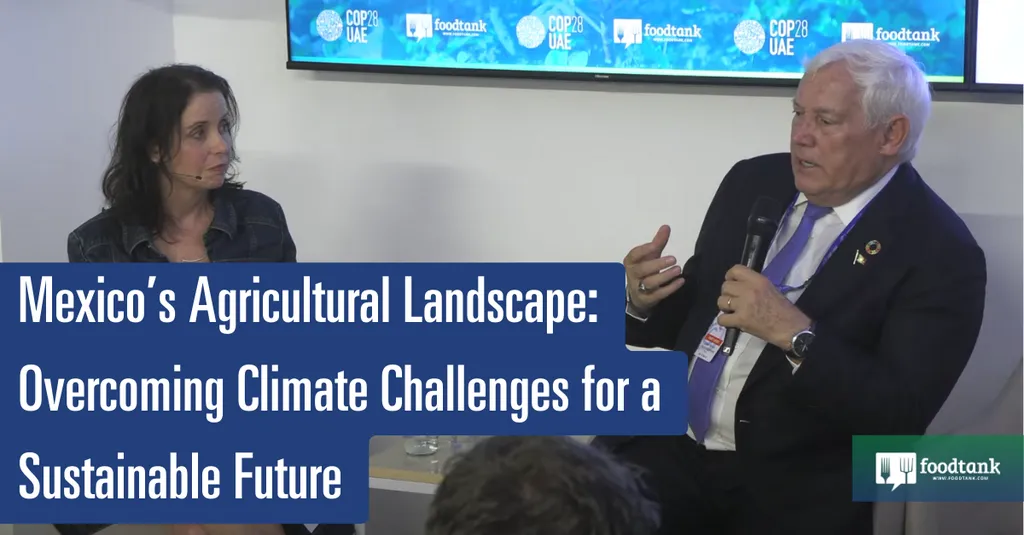In the heart of Mexico, a researcher is painting a vivid picture of the future of the agri-food sector, a future that promises to ripple through the energy sector and beyond. Juan Manuel Vargas-Canales, from the Universidad de Guanajuato and the Universidad Nacional Autónoma de México, has published a perspective in the Journal of Agriculture and Food Research, offering a glimpse into the hyper-specialized, tech-driven future of agribusiness.
Vargas-Canales’s work is a call to arms for the agri-food sector, urging it to adapt and evolve in the face of growing demand and rapid technological advancement. “The agri-food sector is undergoing a strong transformation,” he states, driven by a perfect storm of factors. This transformation, he argues, will accelerate regional specialization and bring about significant social and environmental changes.
The future Vargas-Canales envisions is one of hyper-specialization, where regional production systems cater to a hyper-segmented market, shaped by new consumer demands. Traditional markets will still exist, but they will coexist with this new, tech-driven landscape. To thrive in this environment, agribusinesses will need to develop greater technological capabilities, adaptability, and resilience. They will need to integrate digital technologies into their administration, management, and decision-making processes. But most importantly, they will need to incorporate technological strategies that heal, recover, and improve agri-food systems.
So, what does this mean for the energy sector? The agri-food sector is a significant consumer of energy, and as it evolves, so too will its energy needs. The shift towards hyper-specialization and tech integration could lead to more efficient energy use, but it could also create new demands. For instance, the increased use of digital technologies could drive demand for data centers and the energy they require.
Moreover, the agri-food sector is a major producer of biomass, a key resource for bioenergy. As Vargas-Canales points out, the sector produces raw materials for energy production, and as it evolves, so too could its role in the energy sector. The shift towards more sustainable and equitable agribusinesses could open up new opportunities for bioenergy production, contributing to a more sustainable energy future.
Vargas-Canales’s work is a reminder that the agri-food sector is not just about food. It’s about raw materials, medicines, fibers, construction materials, biomaterials, and more. It’s a sector that touches nearly every aspect of our lives, and as it evolves, so too will its impact on the energy sector and beyond.
As we look to the future, Vargas-Canales’s perspective serves as a valuable guide, helping us navigate the complex, interconnected world of agribusiness and energy. It’s a future that’s already underway, and one that promises to be as dynamic and innovative as the sector itself. Published in the Journal of Agriculture and Food Research, this work is a must-read for anyone interested in the future of agribusiness, energy, and the complex interplay between them.

